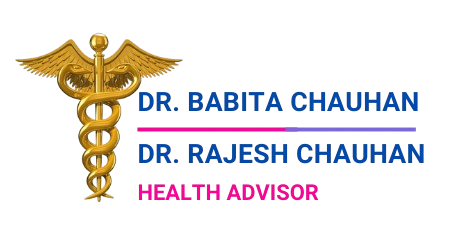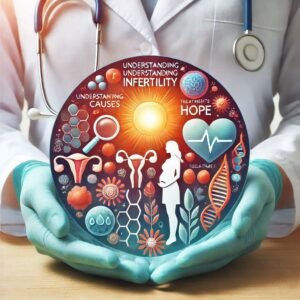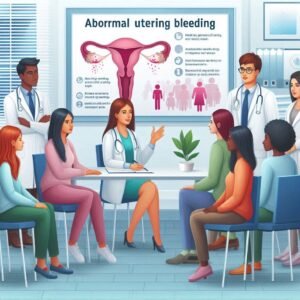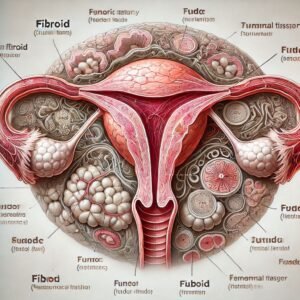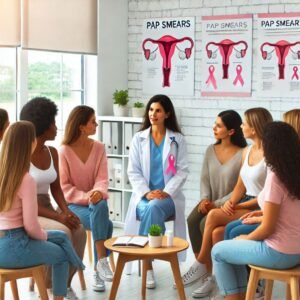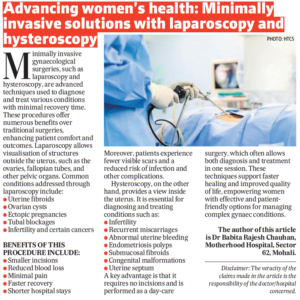
Cervical Cancer Prevention Vaccine: A Life-Saving Innovation
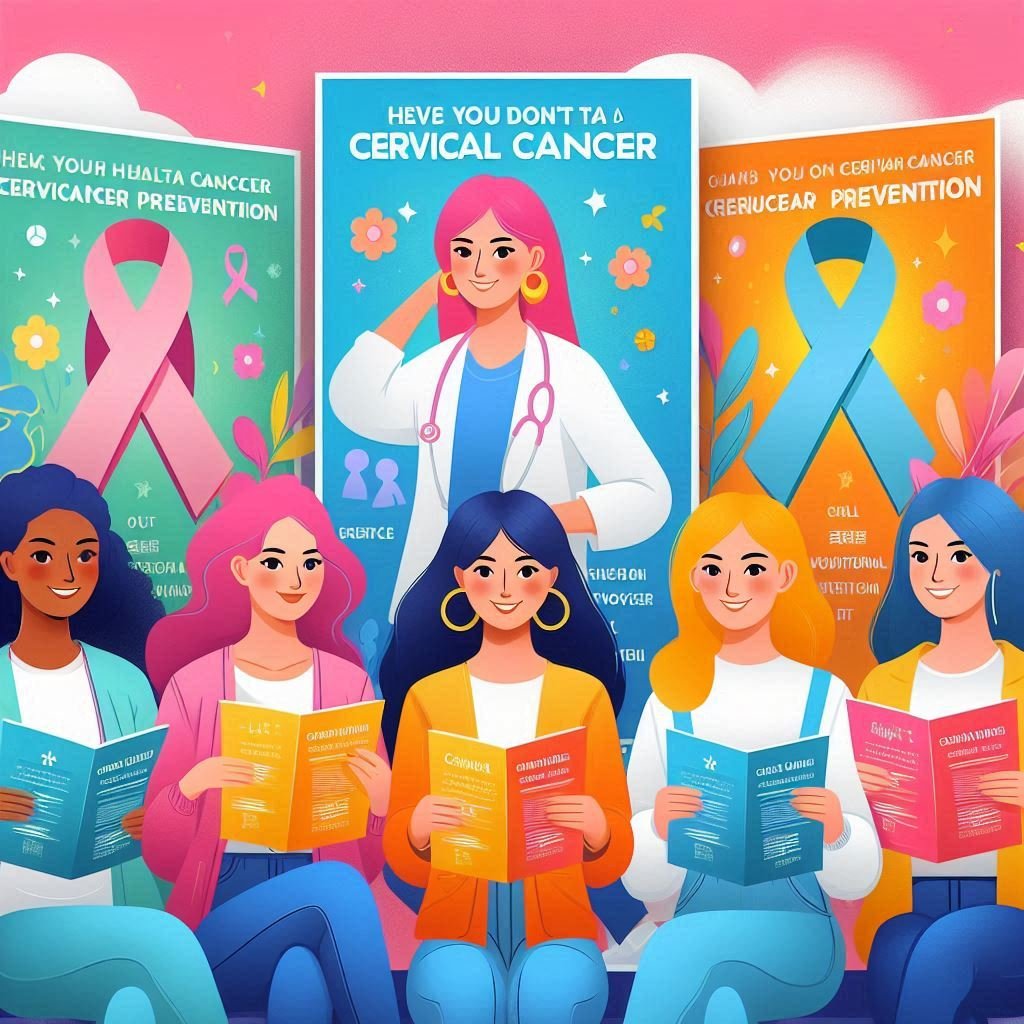
What Is the Cervical Cancer Prevention Vaccine?
The cervical cancer prevention vaccine, commonly known as the HPV vaccine, is designed to protect against infections caused by the human papillomavirus (HPV). HPV is a common virus transmitted through sexual contact, and certain high-risk strains are directly linked to cervical cancer and other cancers.
Why Is the HPV Vaccine Important?
1. Prevents Cervical Cancer
Nearly all cases of cervical cancer are caused by HPV. The vaccine protects against high-risk HPV types (such as 16 and 18), which cause about 70% of cervical cancer cases.
2. Reduces Other HPV-Related Cancers
HPV is also responsible for cancers of the vulva, vagina, anus, penis, and throat. Vaccination significantly lowers the risk of these cancers.
3. Prevents Genital Warts
The vaccine also protects against HPV types 6 and 11, which cause most cases of genital warts.
4. Promotes Herd Immunity
When a large portion of the population is vaccinated, it reduces the overall prevalence of HPV, providing indirect protection to those who are not vaccinated.
5. Long-Lasting Protection
Studies show that the HPV vaccine provides long-term immunity, with protection lasting over a decade and possibly longer.
Who Should Get the HPV Vaccine?
How Effective Is the HPV Vaccine?
Is the HPV Vaccine Safe?
The HPV vaccine has been extensively tested and proven to be safe.
